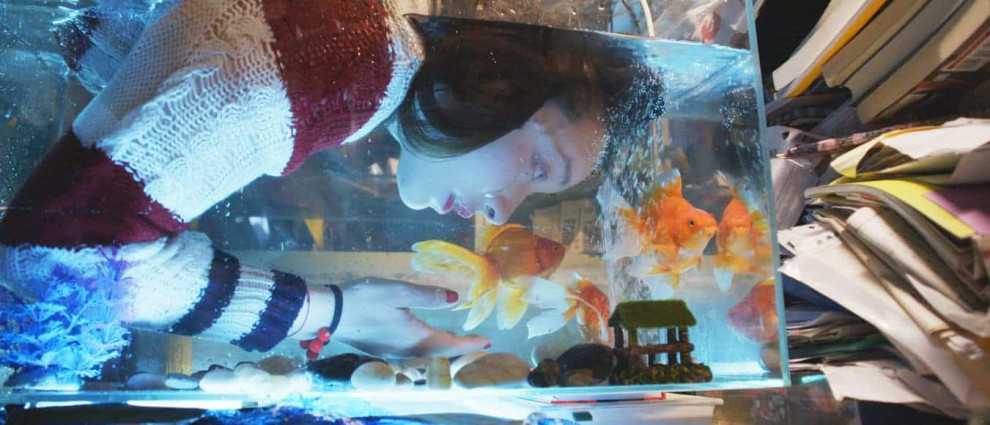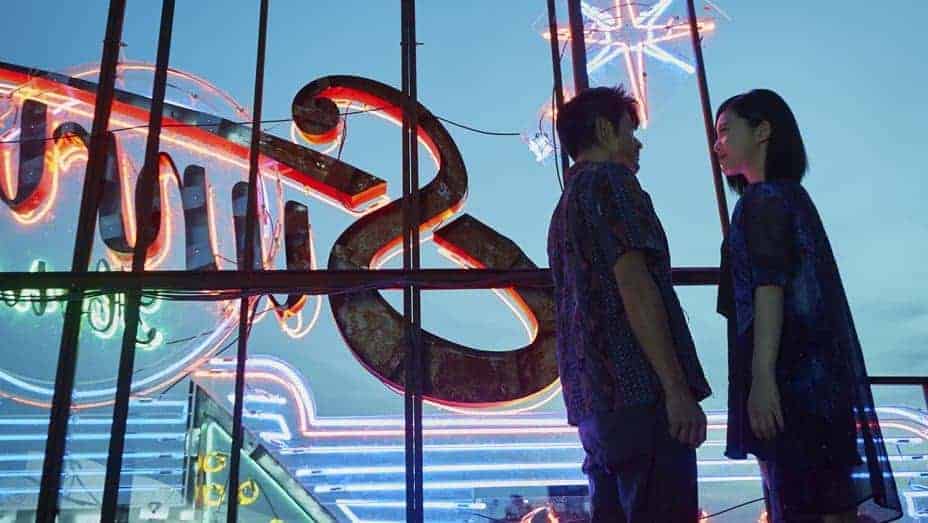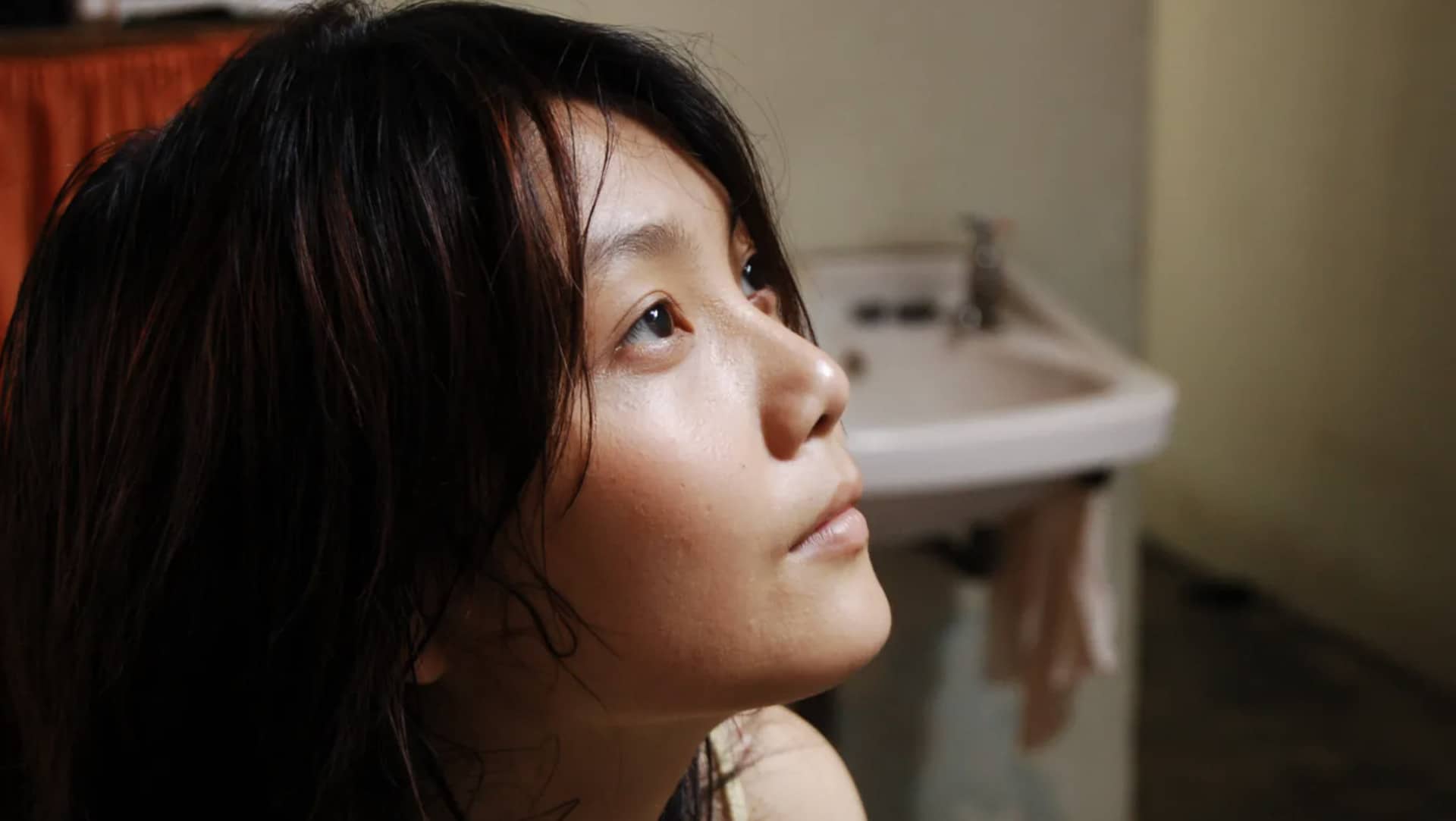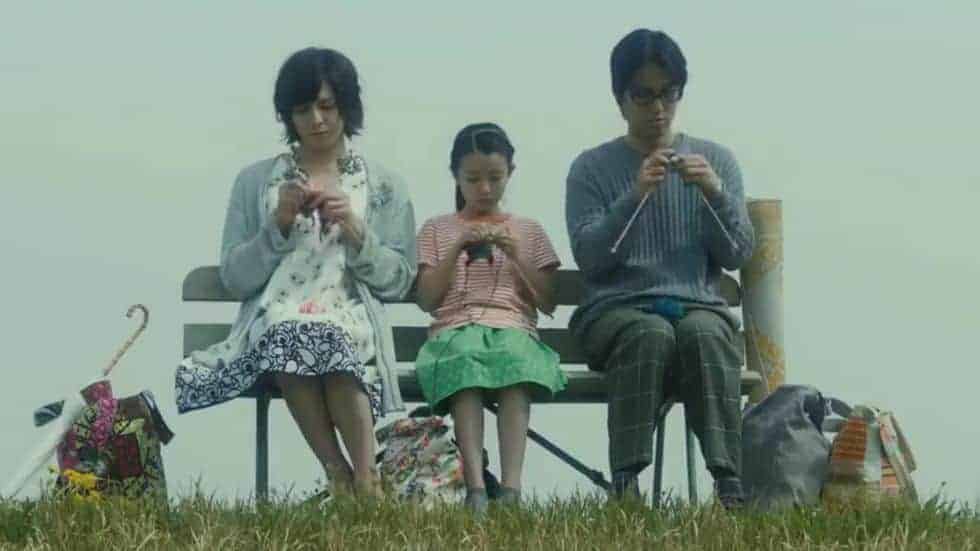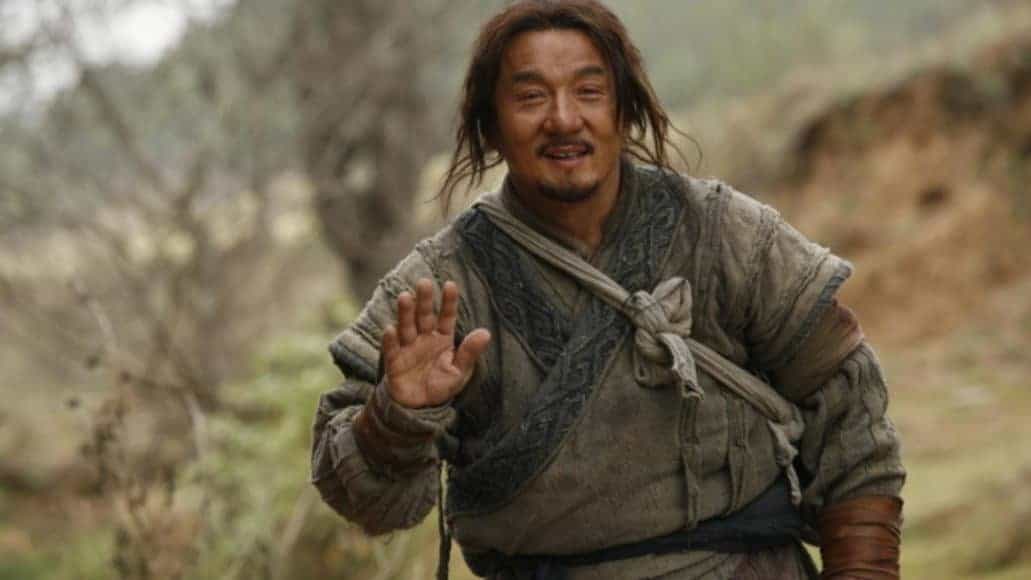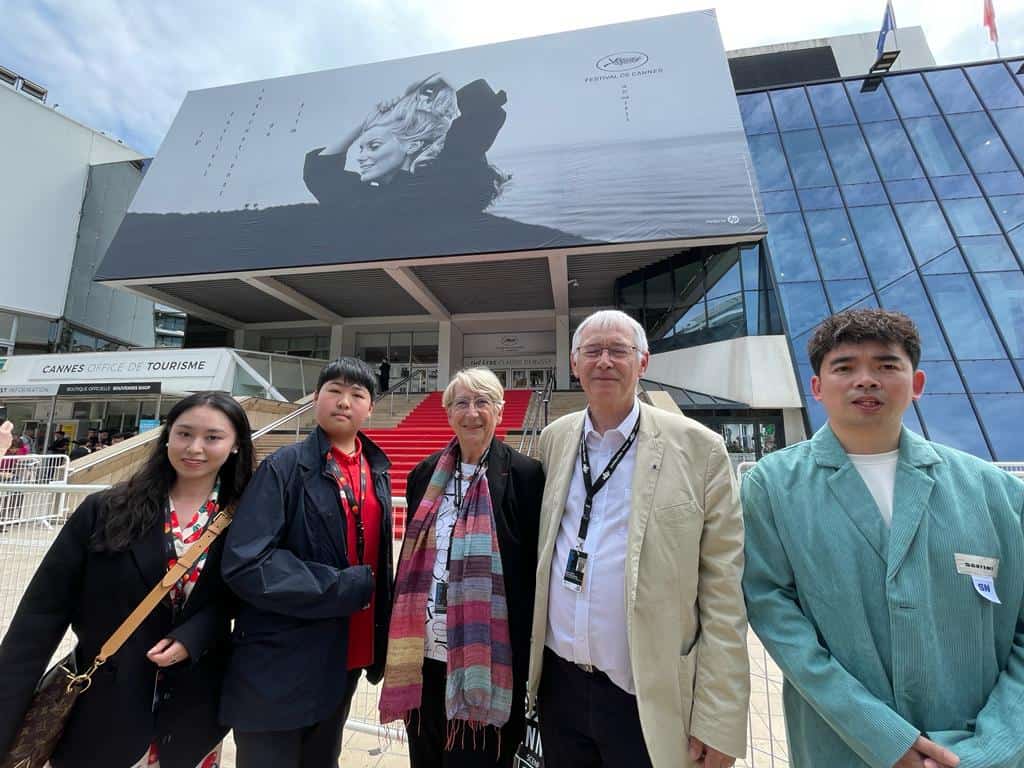Labelled as the third instalment of the Fruit Chan's Prostitute Trilogy, that started in 2000 with “Durian Durian” followed by “Hollywood Hong Kong” in 2001, “Three Husband” is set to spark up discussions – to adopt an understatement – for its obstinate use of a young woman's body to showcase, with increasingly crudeness, the troubled history of its homeland, in a work that fluctuates somehow between a masterpiece, a “meh film” and a rant. Co-written with Lam Kee-to (“Hollywood Hong Kong”), the film has premiered at Tokyo International Film Festival and, for its graphic subject matter, it's likely to circulate more in the Festival circuit than in cinemas.
“Three Husbands” screened at Udine Far East Film Festival 21

The film is divided in three parts, “Sea”, “Land” and “Nothingness”. In the “Sea” of the Gin Drinkers Bay, Hong Kong, there is a sampan floating around, dispensing distraction and pleasure to the construction workers that populated that relentlessly expanding area. The boat is in fact a mini brothel composed by Mui (Chloe Maayan) a young, mentally retarded and voiceless woman with an insatiable sexual appetite thus seemingly happy to be selling her body to the ever-queuing customers, and her old, one-armed husband / pimp Second Brother (Chan Man-lei). To complete the little family is Mui's infant baby, whose father is not Second Brother, but not other than Mui's own father and first husband, Big Brother (Mak Keung). And let's just sink this.
One of Mui's clients, a young man called Four Eyes (Peter Chan Charm-man), is deeply infatuated with Mui and when his dream to get enough money to wed her becomes reality, the two move on land, in the small cramped flat of Four Eyes' foul-mouthed grandmother. But things in the sad “Land” chapter don't really go as the man had hoped; Mui gets increasingly exigent on the sex side and more and more frustrated by her captive status in the public housing block (that Fruit Chan so beautifully depicts once again) and by her husband physical exhaustion.

Like a wild fish in a glass bowl, Mui's suffering is palpable and harrowing, until one day Four Eyes gives up and takes Mui back on the boat. There, the extended family is finally reunited with the arrival of Big Brother and the 5 (a prostitute, three pimps and a baby) set sails to the new “Nothingness” chapter, back in business selling out ephemeral pleasure. In this dark and upsetting final part, Mui's discomfort reaches dramatic highs. Nothing and nobody seem to satisfy her chronic desire and her overdeveloped genitalia and she grows increasingly alienated.
Fruit Chan is one of the most compelling and fascinating storytellers of the Hong Kong during and post 1997 disquiet; his films are a visceral cry, his gaze a visual love letter to this complex and unique city. “Three Husbands”' angry allegoric tale of amorality and exploitation is maybe the more explicit of all.

The symbolism of a voiceless whore, for a land that has been repeatedly traded and passed from hand to hand without the chance of saying anything is very clear and in your face, although it's not as easy to assign a role to the three husbands. The film hints at the controversial bridge that would join the three cities of Hong Kong-Zhuhai-Macau, but most probably the three husbands represent the shift of power between different rulers in Hong Kong history, the British, the Beijing and the Semi-autonomous Governments.
They have all mistreated Hong Kong and the director has found a very effective way to gross out the audiences and initiated a discussion. The abuses perpetrated on Mui and her plump, radiant body are honestly hard to digest, the ultimately un-erotic sex scenes and the relentlessness of them are frankly exhausting. And, yes, the director has a point and a purpose here.
However, the message is somehow lost in the loudness and obstinacy of the delivery and there is a very fine line between that delivery and mere exploitation. Sex on boat, on land, underwater, with men, animals, and objects, including an unlucky eel (with condom!), an iPhone and an arm stump, reaches eventually the climax of boredom. A minor subplot of a young Hong Kong girl (Larine Tang Yuet-ping) arrested for working in a nightclub in China and trying her luck as a sex worker in the Greater Bay Area (it refers to the Chinese government's scheme to link Hong Kong, Macau and nine other cities in southern China into a technology hub) comes almost as a relief as it occasionally pauses the disturbing sex for few minutes of screen-time.

Mui is treated as a lamp of meat with no voice but it's impossible to forget there is a woman behind the symbol. Her agony is deeply affecting and I wish Director Chan had used a less human and relatable metaphor. Chinese actress Chloe Maayan (“Long Day's Journey Into Night”) who won Best Actress at The Hong Kong Film Awards for her performance, carries quite literally the whole film on her body and gives her character a strong persistent flavor and a surreal, almost mythical aura as the story suggests she descends from the Lu Ting mermaid creatures, ancestors of Hong Kong.
The visual has a rough, indie feel to it and the trademark poetic eye of the director. Some scenes – beside the odd-sex ones – are quite unforgettable. Beautiful and iconic snaps like a sex scene in a track full of plastic balls, Mui diving in a goldfish tank, Mui trapped in a fishnet like an agonising animal. Towards the end of the final chapter, the colours drain out of the film and slowly, without realising, the film is completely de-saturated. Everything is colourless, except a bright red flag draped around Mui, a disgraced figurehead on a vessel heading towards nothingness.
Poignant and repulsive, “Three Husbands” is an uncompromising “love or hate” experience.


